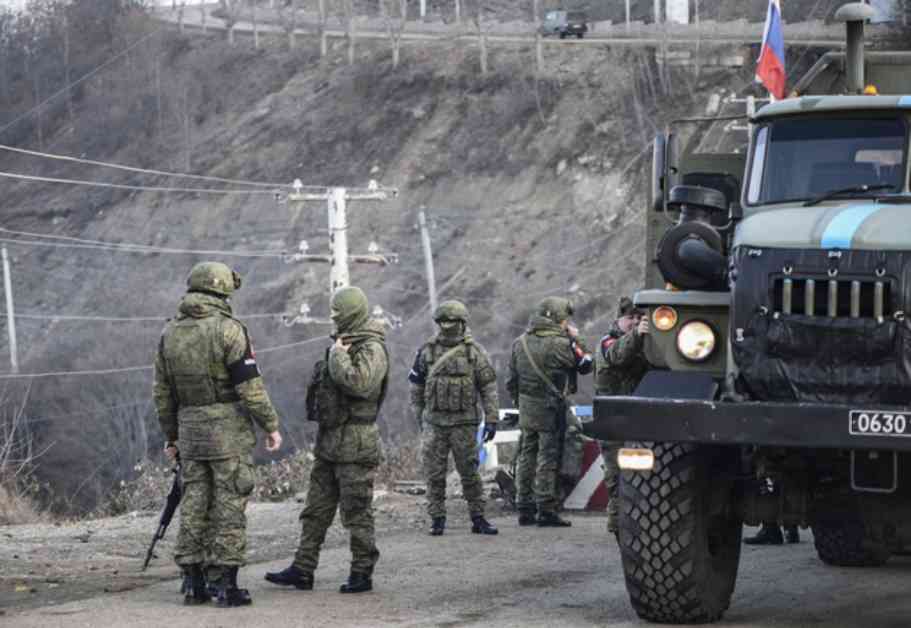Azerbaijan and Armenia are on the brink of a historic peace deal, marking a potential turning point in their decades-long conflict in the Caucasus region. After fighting two wars over control of Azerbaijan’s Armenian-populated region of Karabakh, tensions have simmered for years, with both countries now signaling a willingness to move towards normalization.
Peace Deal in the Making
In a significant development, Azerbaijani Foreign Minister Jeyhun Bayramov announced that negotiations on the text of a peace agreement with Armenia have concluded. This progress comes after previous talks failed to yield a consensus on a draft agreement. Both sides have now reached an agreement on the text of a potential treaty, paving the way for a comprehensive peace deal.
Armenia’s acceptance of Azerbaijan’s proposals on two previously unresolved articles of the peace treaty signals a willingness to move towards reconciliation. Armenian Prime Minister Nikol Pashinyan hailed the development as an “important event,” emphasizing the readiness of Yerevan to engage in discussions on finalizing and signing the peace agreement.
Challenges and Diplomatic Maneuvering
Despite the positive momentum towards peace, some challenges remain on the path to full normalization. One key issue that has yet to be resolved is the “non-deployment of third-party forces” along the shared border between Azerbaijan and Armenia. Additionally, disagreements persist over mutually withdrawing legal cases from international judicial bodies, adding complexity to the negotiation process.
The conflict between Azerbaijan and Armenia has also strained relations between Armenia and its ally, Russia. Yerevan has accused Moscow of not providing sufficient support, leading to Armenia’s suspension of participation in the Moscow-led Collective Security Treaty Organisation (CSTO). The involvement of external actors, including Russia, the United States, and the European Union, underscores the regional and global significance of the conflict.
Amidst these diplomatic complexities, Azerbaijan is pushing for constitutional amendments in Armenia to remove references to territorial claims over Karabakh. Any constitutional changes in Armenia would require a referendum, highlighting the intricate legal and political dynamics at play in the peace process.
In conclusion, the progress towards a peace deal between Azerbaijan and Armenia represents a significant step towards resolving a protracted conflict that has plagued the region for decades. While challenges and complexities persist, the willingness of both sides to engage in negotiations and reach agreements on key issues bodes well for the prospects of lasting peace and stability in the Caucasus.

















